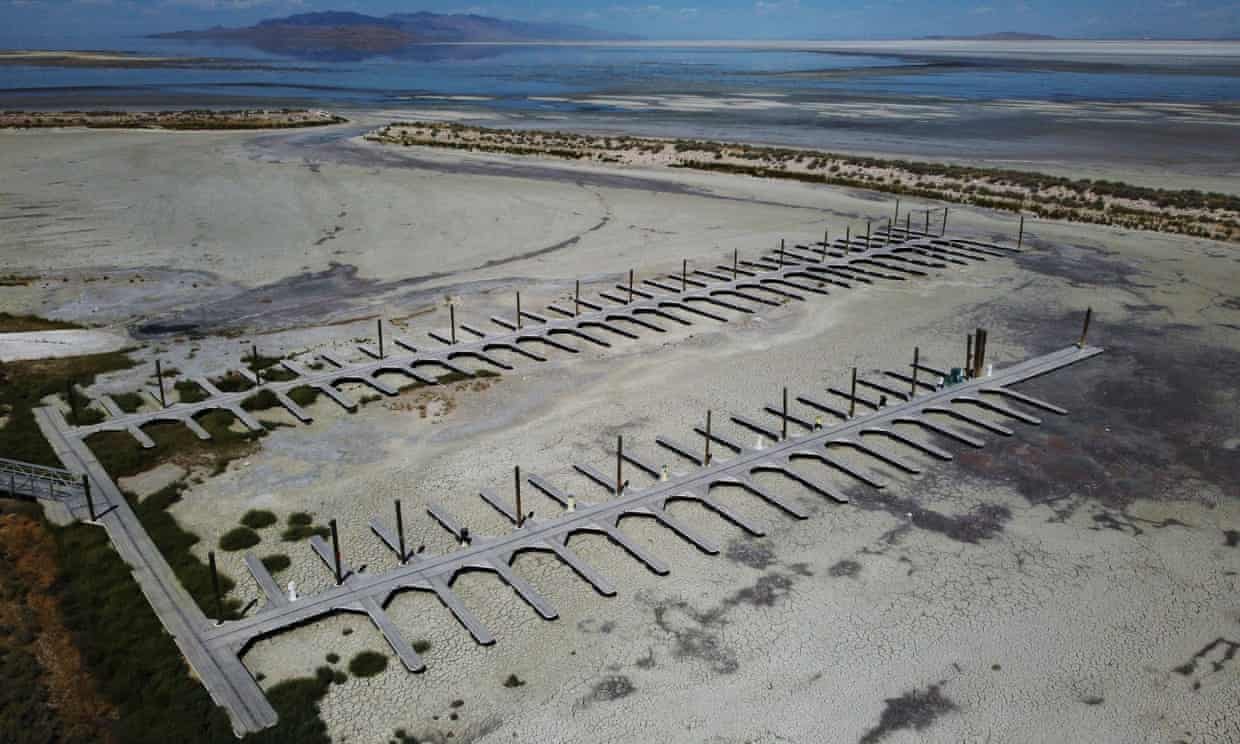
Thousands of homes and businesses were without power Tuesday as severe weather roared through several states, causing at least one death and spawning possible tornadoes.
Parts of Ohio, Pennsylvania, Kentucky, Mississippi, Alabama, Tennessee, West Virginia, Virginia and Georgia were under tornado watches into Tuesday night, while Wisconsin was experiencing a spring snowstorm.
Storms in Northeastern Oklahoma unleashed three suspected tornadoes and dumped heavy rain that was blamed for the death of a 46-year-old homeless woman in Tulsa who was sheltering inside a drainage pipe.
The woman's boyfriend told authorities the two had gone to sleep at the entrance of the drainage pipe and were awakened by floodwaters, Tulsa Fire Department spokesperson Andy Little said. Up to 1.5 inches (3.8 centimeters) of rain fell in Tulsa in about an hour, National Weather Service meteorologist Robert Darby said.

 Environmental Glance
Environmental Glance
 An Israeli private investigator who orchestrated a global hacking operation that targeted American climate activists and foundations was sentenced in federal court to nearly seven years in prison after pleading guilty.
An Israeli private investigator who orchestrated a global hacking operation that targeted American climate activists and foundations was sentenced in federal court to nearly seven years in prison after pleading guilty.
 Environmental and community groups have sued
Environmental and community groups have sued 






























